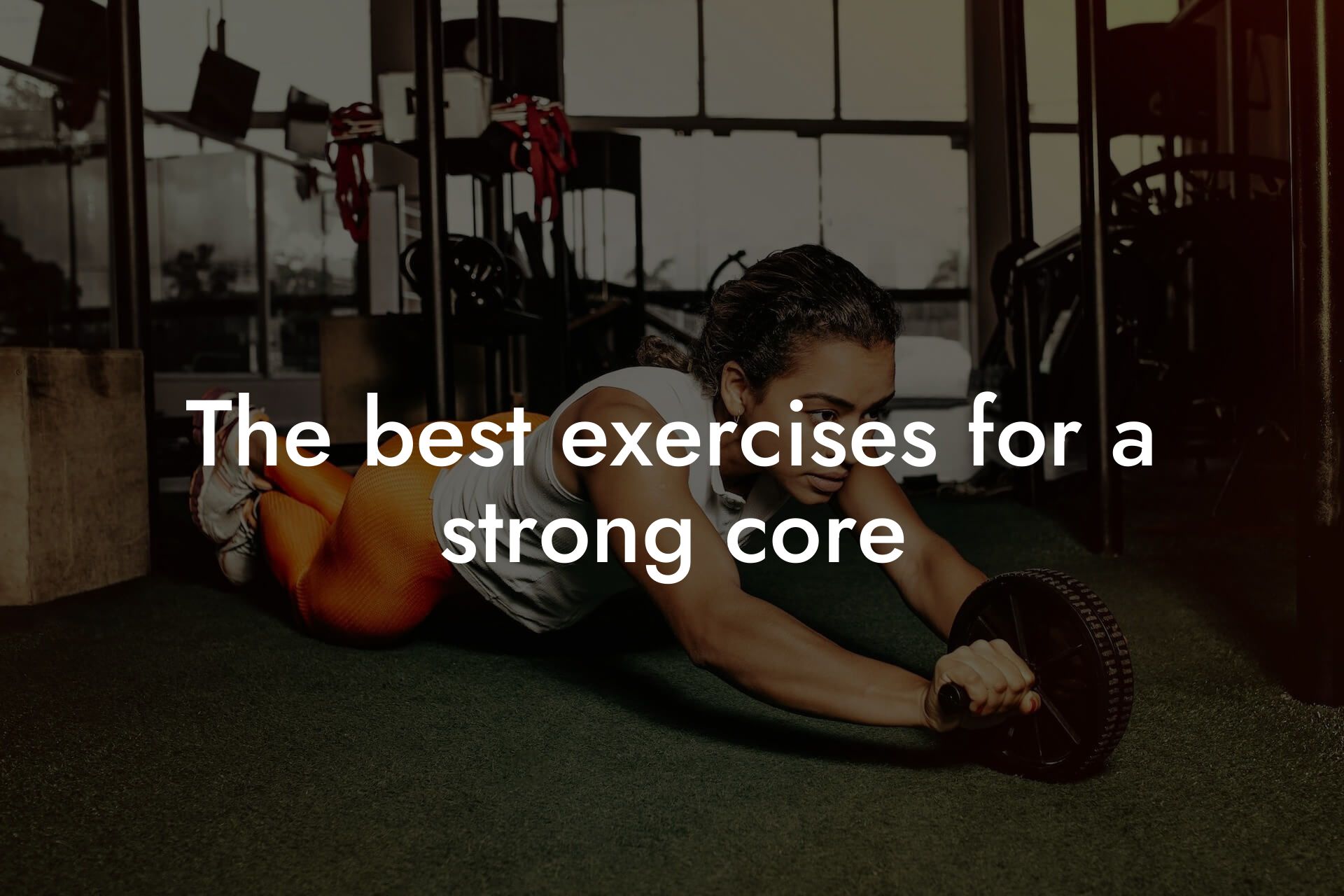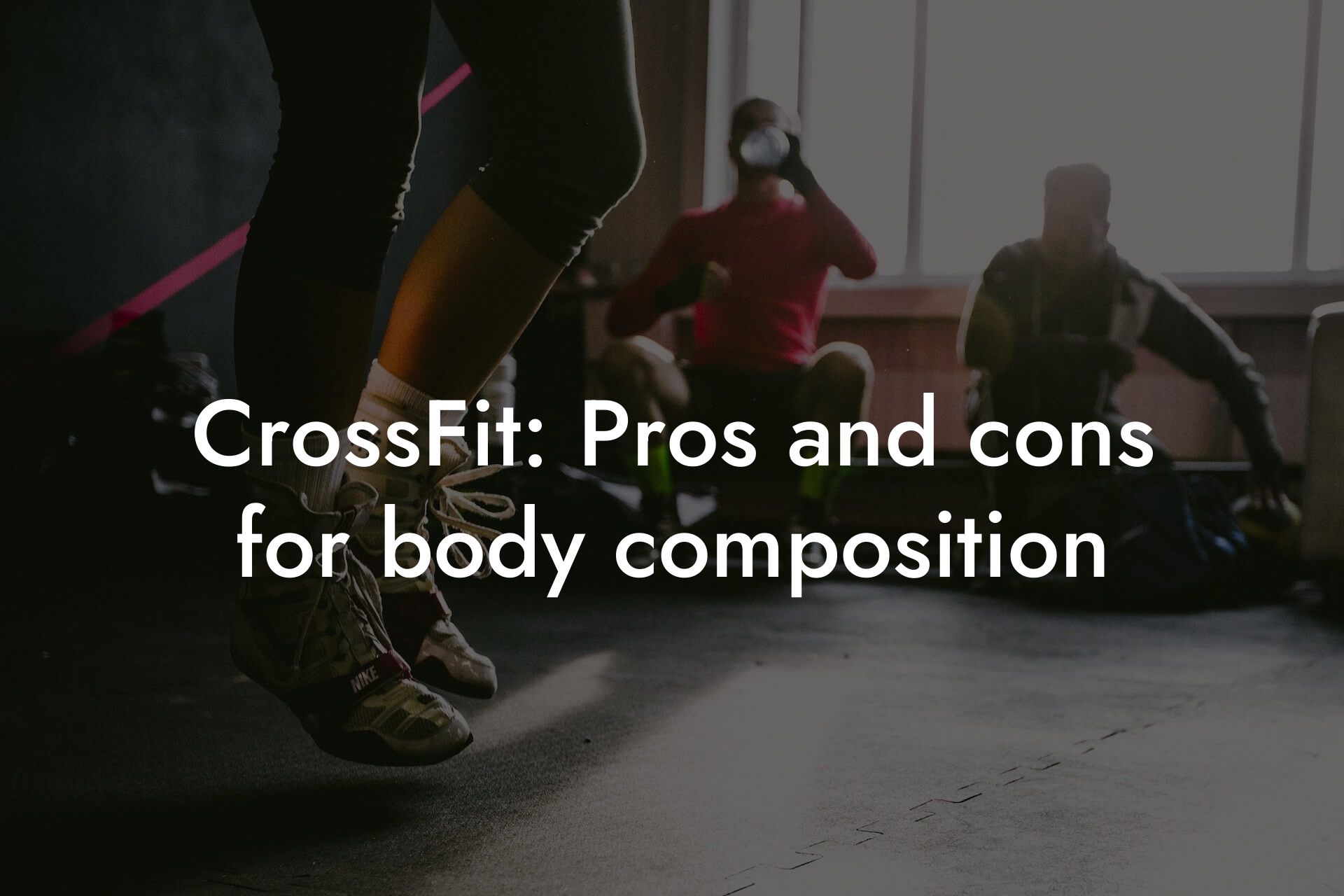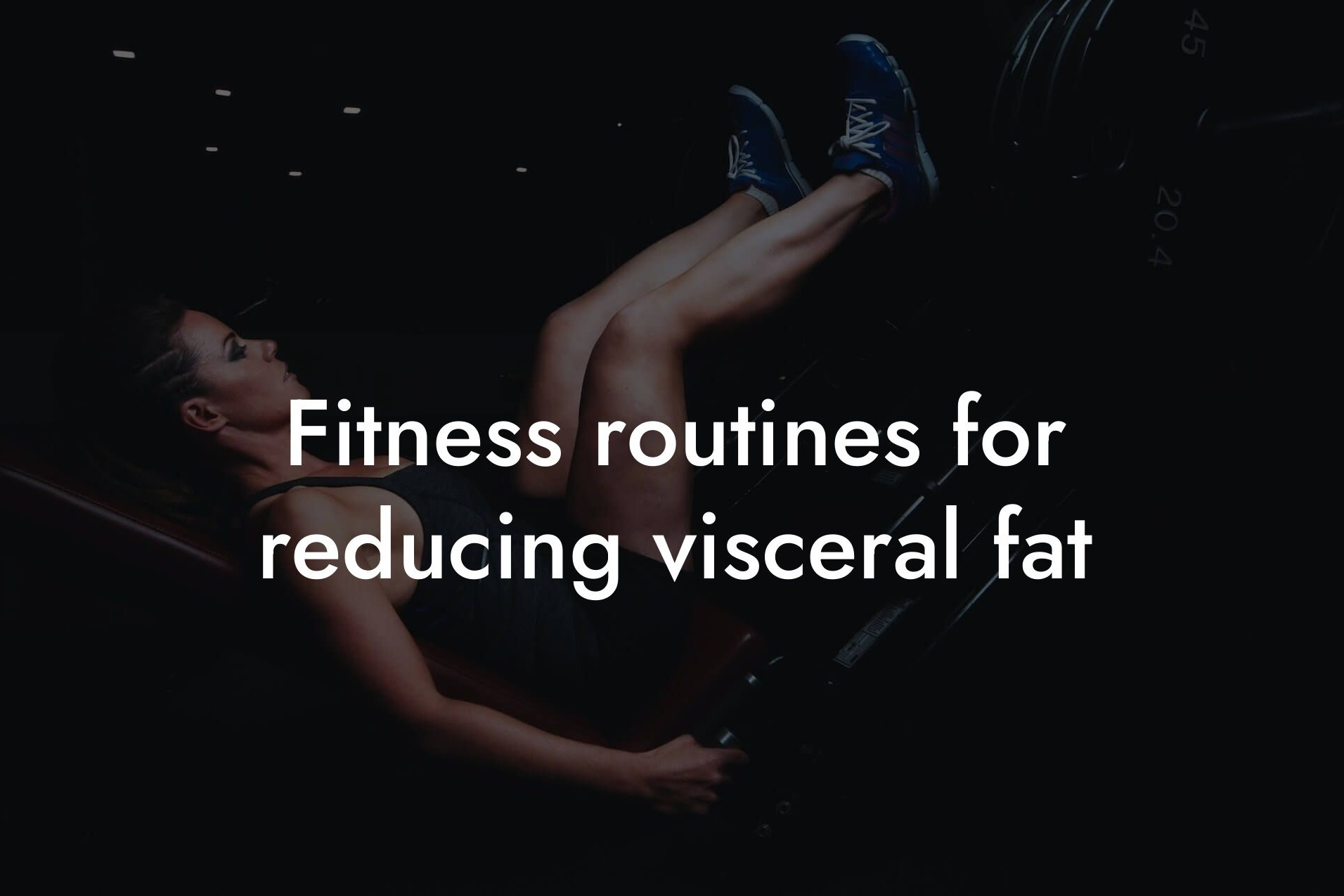As a high-earning professional, you understand the importance of maintaining a healthy and fit physique. Not only does it boost your confidence, but it also enhances your overall well-being, allowing you to perform at your best in both personal and professional life. Functional fitness is a type of training that focuses on building strength, endurance, and mobility to improve daily functioning and overall health. In this article, we'll delve into the world of functional fitness for professionals, exploring its benefits, importance, and how it can be incorporated into your busy lifestyle.
Table of Contents
- Why is Functional Fitness Important for Professionals?
- Benefits of Functional Fitness for Professionals
- How to Incorporate Functional Fitness into Your Busy Schedule
- Functional Fitness Exercises for Professionals
- How DEXA Scans Can Enhance Your Functional Fitness Journey
- Get Started with Tano Performance Group
- Frequently Asked Questions
Why is Functional Fitness Important for Professionals?
As a professional, you likely spend a significant amount of time sitting at a desk, attending meetings, and traveling for work. This sedentary lifestyle can lead to a range of health problems, including obesity, back pain, and decreased productivity. Functional fitness helps to combat these issues by improving your overall physical function, allowing you to perform daily tasks with ease and efficiency. By incorporating functional fitness into your routine, you can expect to see improvements in your posture, balance, and coordination, as well as enhanced cardiovascular health and increased energy levels.
Benefits of Functional Fitness for Professionals
Functional fitness offers a range of benefits that are particularly relevant to high-earning professionals. These include:
- Improved productivity: By increasing your energy levels and reducing fatigue, functional fitness enables you to tackle your workload with renewed vigor and focus.
- Enhanced physical appearance: Functional fitness helps to build lean muscle mass, boost metabolism, and reduce body fat, leading to a more toned and athletic physique.
- Better time management: By incorporating functional fitness into your daily routine, you'll be more efficient with your time, allowing you to prioritize tasks and achieve more in less time.
- Reduced stress: Exercise is a natural stress-reliever, and functional fitness is no exception. By incorporating physical activity into your daily routine, you'll be better equipped to handle the demands of your professional life.
How to Incorporate Functional Fitness into Your Busy Schedule
As a busy professional, finding time to exercise can be a challenge. However, with a little creativity and planning, you can incorporate functional fitness into your daily routine. Here are some tips to get you started:
- Start small: Begin with short, 20-minute workouts and gradually increase the duration and intensity as you become more comfortable.
- Schedule it in: Treat your workouts as non-negotiable appointments and schedule them into your calendar.
- Find a workout buddy: Exercising with a colleague or friend can help to increase motivation and accountability.
- Utilize your lunch break: Use your lunch break to fit in a quick workout, whether it's a brisk walk or a trip to the gym.
Functional Fitness Exercises for Professionals
When it comes to functional fitness, the exercises you choose should be tailored to your specific needs and goals. Here are some exercises that are particularly beneficial for professionals:
- Squats: Strengthens the legs and glutes, improving balance and coordination.
- Lunges: Targets the legs, glutes, and core, enhancing overall lower body strength and mobility.
- Planks: Strengthens the core, improving posture and reducing back pain.
- Push-ups: Targets the chest, shoulders, and triceps, improving upper body strength and endurance.
How DEXA Scans Can Enhance Your Functional Fitness Journey
At Tano Performance Group, we understand the importance of tracking progress and monitoring body composition. That's why we use DEXA scans to provide our clients with a comprehensive body assessment. DEXA scans offer a range of benefits, including:
- Accurate body fat measurement: DEXA scans provide a precise measurement of body fat percentage, allowing you to track changes over time.
- Lean muscle mass assessment: DEXA scans help to identify areas of muscle imbalances, enabling you to target specific muscle groups for improvement.
- Bone density analysis: DEXA scans assess bone density, providing valuable insights into your overall bone health.
By incorporating DEXA scans into your functional fitness journey, you'll be able to track your progress, identify areas for improvement, and make data-driven decisions to optimize your training and nutrition.
Functional fitness is a game-changer for high-earning professionals. By incorporating functional fitness into your daily routine, you can expect to see improvements in your physical appearance, productivity, and overall well-being. At Tano Performance Group, we're committed to helping you achieve your fitness goals through our comprehensive body assessments and personalized training programs. Take the first step towards a stronger, healthier, and more confident you – contact us today to learn more about our functional fitness programs and DEXA scans.
Get Started with Tano Performance Group
Ready to take your functional fitness journey to the next level? At Tano Performance Group, we offer a range of services designed to help you achieve your fitness goals. From comprehensive body assessments to personalized training programs, we've got you covered. Contact us today to learn more about our services and take the first step towards a stronger, healthier, and more confident you.
Frequently Asked Questions
What is functional fitness and how does it benefit professionals?
Functional fitness is a type of training that focuses on building strength, endurance, and flexibility to improve daily functioning and overall well-being. As a high-earning professional, incorporating functional fitness into your lifestyle can help increase energy levels, boost productivity, and enhance mental clarity, ultimately leading to better performance in your career.
How does functional fitness differ from traditional gym workouts?
Functional fitness exercises are designed to mimic real-life movements and activities, such as squatting, lifting, and carrying, whereas traditional gym workouts often focus on isolated muscle groups. This approach helps improve coordination, balance, and overall functional ability, making it more applicable to everyday life.
What are the key components of a functional fitness program?
A well-rounded functional fitness program typically includes a combination of exercises that target cardiovascular endurance, strength, power, flexibility, and mobility. It may also incorporate functional movements like squats, lunges, step-ups, and carries, as well as exercises that challenge balance and coordination.
How can functional fitness help with weight management?
Functional fitness exercises often engage multiple muscle groups simultaneously, which can help increase caloric expenditure and boost metabolism. Additionally, building lean muscle mass through functional training can further support weight loss and maintenance.
Will functional fitness help me build muscle?
Yes, functional fitness exercises can help build lean muscle mass, particularly in the core, legs, and glutes. This is because functional exercises often require engagement of multiple muscle groups, which can lead to increased muscle growth and strength.
How does functional fitness impact bone density?
Functional fitness exercises, especially those that involve weight-bearing activities like squats and lunges, can help improve bone density. This is especially important for professionals who may have a higher risk of osteoporosis or osteopenia due to their sedentary lifestyle.
Can functional fitness help reduce the risk of injury?
Yes, functional fitness training can help reduce the risk of injury by improving flexibility, mobility, and strength. This can also enhance proprioception (body awareness), which can help prevent accidents and injuries in daily life.
How often should I incorporate functional fitness into my routine?
Aim to incorporate functional fitness exercises into your routine 2-3 times per week, with at least one day of rest in between. This allows for adequate recovery time and can help prevent plateaus.
What are some examples of functional fitness exercises?
Examples of functional fitness exercises include squats, lunges, step-ups, box jumps, burpees, mountain climbers, and farmer's walks. These exercises can be modified to suit different fitness levels and goals.
How can I incorporate functional fitness into my busy schedule?
Start by committing to 20-30 minutes of functional fitness training per session, 2-3 times per week. You can also try breaking up your workout into shorter sessions throughout the day or incorporating functional exercises into your daily routine, such as taking the stairs instead of the elevator.
Do I need to join a gym to do functional fitness?
No, you don't need to join a gym to do functional fitness. You can create a functional fitness workout at home using bodyweight exercises, resistance bands, or light weights. You can also find online resources and tutorials to guide you.
How can I track my progress in functional fitness?
Track your progress by setting specific, measurable, and achievable goals. Monitor your workouts, including the exercises, sets, reps, and weight used. You can also track your body fat percentage, measurements, and progress photos to monitor changes in your physique.
What are some common mistakes to avoid in functional fitness?
How can I stay motivated with functional fitness?
Stay motivated by setting realistic goals, finding a workout buddy or accountability partner, and rewarding yourself for milestones achieved. You can also try mixing up your workout routine to avoid plateaus and prevent boredom.
Can functional fitness help improve my mental health?
Yes, functional fitness can have a positive impact on mental health by reducing stress and anxiety, improving mood, and enhancing cognitive function. Exercise has also been shown to increase self-esteem and body confidence.
How does functional fitness impact my overall health?
Functional fitness can have a profound impact on overall health by improving cardiovascular health, reducing the risk of chronic diseases, and enhancing immune function. It can also improve sleep quality, digestion, and overall energy levels.
What are some functional fitness exercises for improving posture?
Exercises that can help improve posture include planks, rows, and shoulder blade squeezes. These exercises can help strengthen the muscles that support good posture, reducing the risk of back and neck pain.
How can functional fitness help with stress relief?
Functional fitness can help reduce stress and anxiety by releasing endorphins, also known as "feel-good" hormones. Exercise can also provide a healthy distraction from daily stressors and improve overall mood.
Can functional fitness help improve my athletic performance?
Yes, functional fitness can help improve athletic performance by enhancing power, speed, agility, and endurance. It can also improve reaction time, coordination, and overall functional ability.
How does functional fitness impact my daily activities?
Functional fitness can improve daily activities by enhancing mobility, flexibility, and strength. This can make everyday tasks, such as carrying groceries or playing with children, easier and less strenuous.
What are some functional fitness exercises for improving balance and coordination?
Exercises that can help improve balance and coordination include single-leg squats, balance boards, and BOSU ball training. These exercises can help challenge proprioception and improve overall functional ability.
How can I make functional fitness a habit?
Make functional fitness a habit by scheduling it into your daily routine, finding a workout buddy or accountability partner, and tracking your progress. Consistency is key to making functional fitness a sustainable habit.
What are some common myths about functional fitness?
Here are some related articles you might love...
- The best exercises for a strong core
- CrossFit: Pros and cons for body composition
- Fitness routines for reducing visceral fat
- Strength training for bone density enhancement
- How to design a workout plan based on DEXA scan results
- Strengthening exercises for bone fracture prevention
- Pilates for flexibility and core strength
- Benefits of resistance bands for muscle toning
- Balancing strength training with cardiovascular health
Zak Faulkner
Zak Faulkner is a leading authority in the realm of physical health and body composition analysis, with over 15 years of experience helping professionals optimise their fitness and well-being. As one the experts behind Tano Performance Group, Zak has dedicated his career to providing in-depth, science-backed insights that empower clients to elevate their physical performance and overall health.
With extensive knowledge of DEXA technology, Zak specializes in delivering comprehensive body assessments that offer precise data on body fat, muscle mass, bone density, and overall physique. His expertise enables individuals to make informed decisions and achieve their fitness goals with accuracy and confidence. Zak’s approach is rooted in a deep understanding of human physiology, combined with a passion for helping clients unlock their full potential through personalised strategies.
Over the years, Zak has earned a reputation for his commitment to excellence, precision, and client-focused service. His guidance is trusted by top professionals who demand the best when it comes to their health. Whether advising on fitness programs, nutritional strategies, or long-term wellness plans, Zak Faulkner’s insights are a valuable resource for anyone serious about taking their health and fitness to the next level.
At Tano Performance Group, Zak continues to lead our Content Team revolutionising how professionals approach their physical health, offering unparalleled expertise that drives real results.




